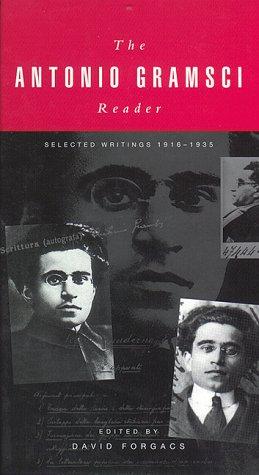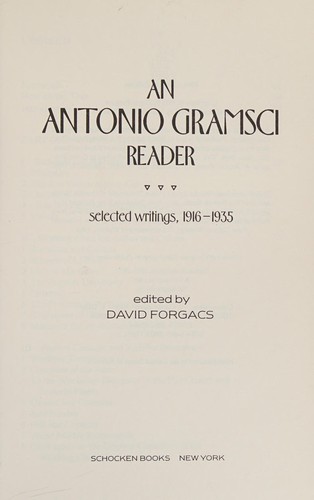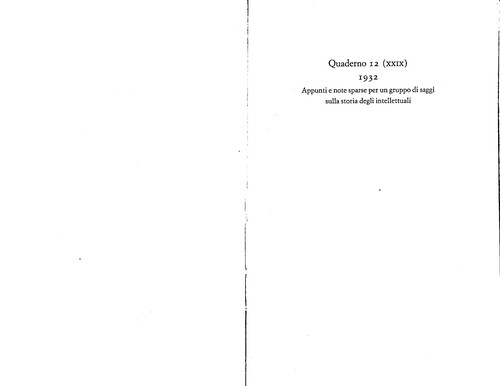Antonio Francesco Gramsci (22 January 1891 – 27 April 1937) was an Italian Marxist theorist and politician. He wrote on political theory, sociology and linguistics. He attempted to break from the economic determinism of traditional Marxist thought and so is considered a key neo-Marxist. He was a founding member and one-time leader of the Communist Party of Italy and was imprisoned by Benito Mussolini's Fascist regime.
Source: Antonio Gramsci on Wikipedia (Wikipedia contributors, CC BY-SA 3.0)







